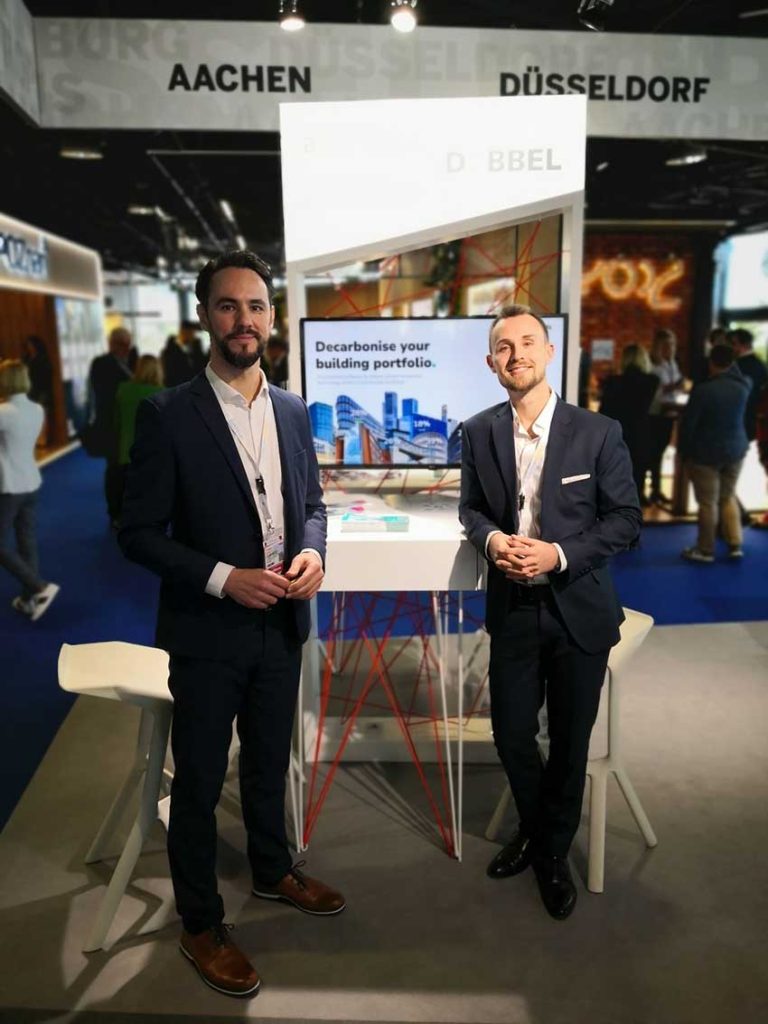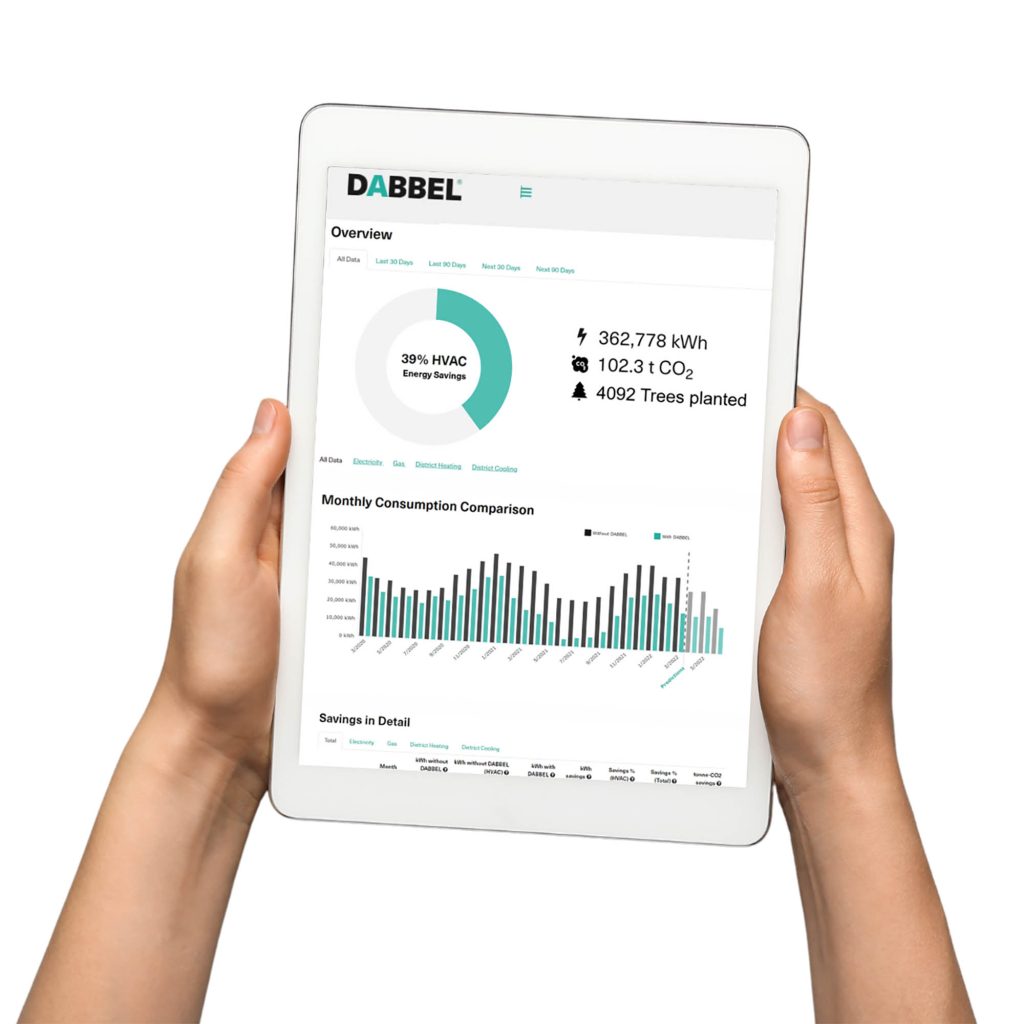Founded in 2018, DABBEL is a software company located in Düsseldorf that helps commercial building owners and operators reduce energy consumption around heating, ventilation, and air conditioning (HVAC) by up to 40%. Using AI-based software, it predictively controls HVAC systems to reduce energy consumption and carbon emissions without having to install additional hardware. The company is currently operating in 7 countries including Romania and its technology can be applied to any commercial real estate with a Building Management System in place (BMS).
Interview with Nico Hahn, Head of Sales at DABBEL – Automation Intelligence GmbH.
Easy Engineering: What are the main areas of activity of the company?
Nico Hahn: DABBEL is a leading player in the property technology (Proptech) sector, helping commercial building owners, asset managers, and facility managers in their quest to promote sustainability while lowering operational costs. Their expertise lies in AI-powered building automation, providing an energy-saving software that automates the control of HVAC systems and enhances energy efficiency. The seamless integration with existing technical systems ensures that implementing DABBEL’s solution requires minimal effort, making it readily accessible and highly advantageous choice for various commercial spaces, including offices, hotels, shopping malls, hospitals, educatinoal institutions, and retail spaces.

E.E: What’s the news about new products?
N.H: Drawing from their vast experience and projects, DABBEL leverages valuable insights and data to develop advanced offerings together with their partner companies. They are actively installing sensors and smart meters to expand monitoring capabilities and enhance energy efficiency, allowing for proactive detection of anomalies while ensuring indoor comfort. Additionally, DABBEL is currently collaborating with existing customers to create innovative products featuring smart valves, specifically designed for buildings without a building management system (BMS).
E.E: What are the ranges of products?
N.H: DABBEL primarily focuses on providing one AI Core solution for building automation and energy efficiency in commercial real estate.
E.E: At what stage is the market where you are currently active?
N.H: The market in which DABBEL is currently active is in the early adopter stage but is rapidly evolving. The significant investment and funding attracted by many companies in this field, including DABBEL, highlight the market’s potential for further expansion and growth.

E.E: What can you tell us about market trends?
N.H: Market trends in the real estate industry are influenced by several key factors. Among these are the urgency and growing needs from the energy crisis, sustainability concerns, regulations, and the ongoing process of digitization. Currently, the pressing need to address energy-related challenges, such as rising energy costs and environmental impact is compelling real estate stakeholders to take action. Regulations and policies also play a vital role in driving the adoption of innovative solutions that aim to reduce carbon emissions and promote energy efficiency. As the industry moves forward, these factors will continue to shape market dynamics and guide the development of environmentally conscious and technologically advanced solutions like DABBEL’s.
E.E: What are the most innovative products marketed?
N.H: The most innovative product marketed by DABBEL is their AI Core. DABBEL utilizes advanced AI algorithms and machine learning to provide predictive autonomous control and optimization of HVAC systems in commercial buildings. This includes, heating, ventilation, air conditioning, hot water systems, and more. The AI Core considers various factors, such as the building’s thermodynamic behavior, weather forecasts, and operating parameters, to identify the energy-saving opportunities. It then makes real-time control decisions once a minute based on this analysis, enabling efficient and dynamic energy management within the building.

E.E: What estimations do you have for 2024?
N.H: In 2024, We anticipate significant progress in the widespread adoption of smart meters, laying groundwork for further developments in the future. The large-scale rollout of smart meters will drive substantial improvements in energy management and efficiency, promising a more sustainable and technology-driven approach to monitoring and optimizing energy consumption.

